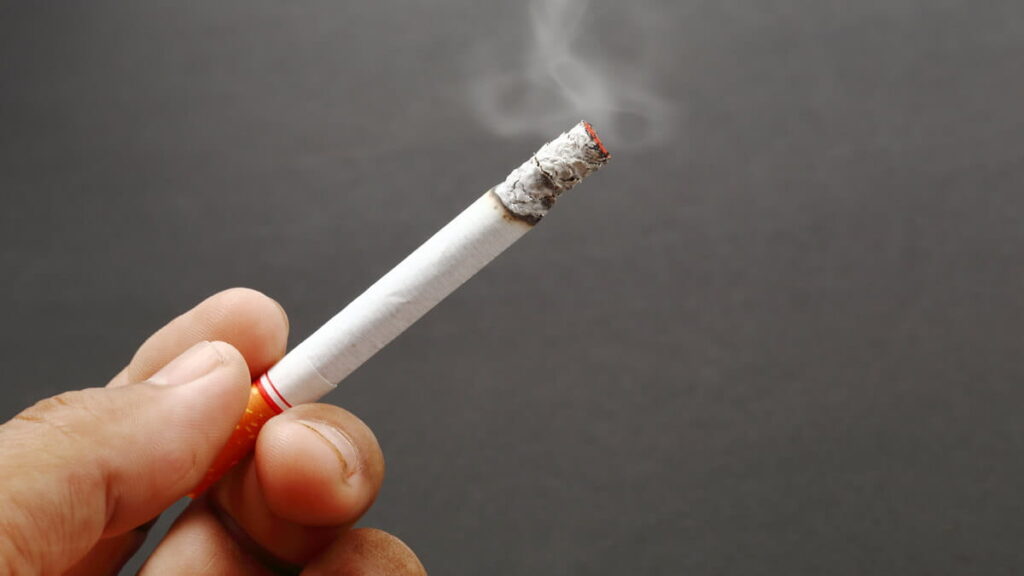CurrentReport Blog The World Health Organization (WHO) has brought to light a concerning reality for Nigeria, shedding light on the prevalence of smoking within the country. With an estimated 13 million smokers and over 16,000 smoking-related deaths annually, the impact of tobacco use on public health is stark.
During a recent stakeholders’ engagement in Dutse, Jigawa State, CISLAC’s Executive Director, Auwal Ibrahim Musa Rafsanjani, represented by Muhammad Murtala, emphasized the gravity of the situation. Tobacco use remains the leading cause of death among non-communicable diseases (NCDs), directly contributing to a high burden of cancer, heart diseases, and stroke.

Rafsanjani underscored the urgency for awareness and action on the tobacco epidemic within Nigeria, particularly emphasizing the need for expanded efforts across all states. Despite ongoing tobacco control initiatives, the scale of the issue demands intensified measures nationwide.
Nigeria, as Africa’s most populous country, boasts one of the continent’s largest tobacco markets, with over 18 billion cigarettes sold annually. The WHO’s estimation of 13 million smokers in Nigeria in 2012 highlights the magnitude of the challenge, with smoking-related deaths continuing to climb.
The role of international tobacco companies and their commercials in fueling the smoking rates cannot be overlooked. While they may contribute to economic growth, their advertisements may inadvertently contribute to the rise in smoking rates, especially among vulnerable populations.
Recognizing the urgency of the situation, the WHO Framework Convention on Tobacco Control (WHO-FCTC) advocates for tax and price measures as the most effective tools for tobacco control. These measures not only make tobacco products less affordable, particularly for low-income earners, but also deter children from initiating smoking.












